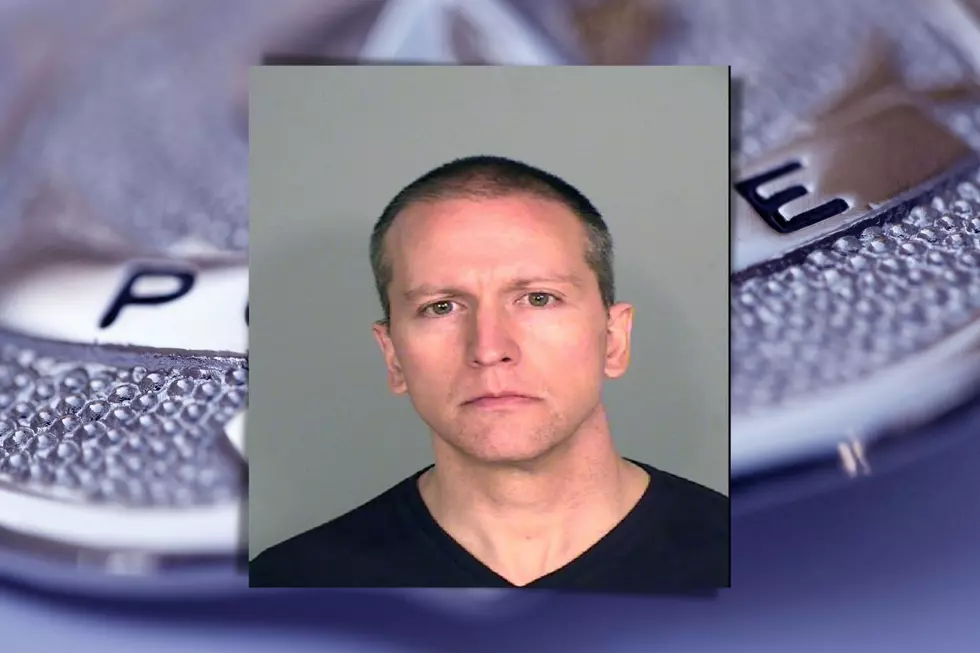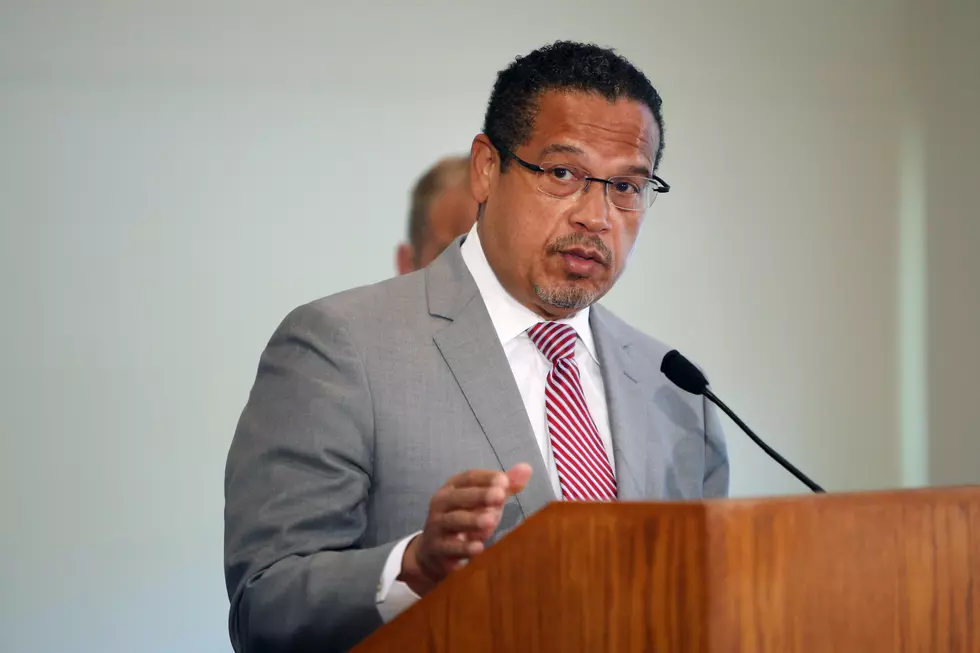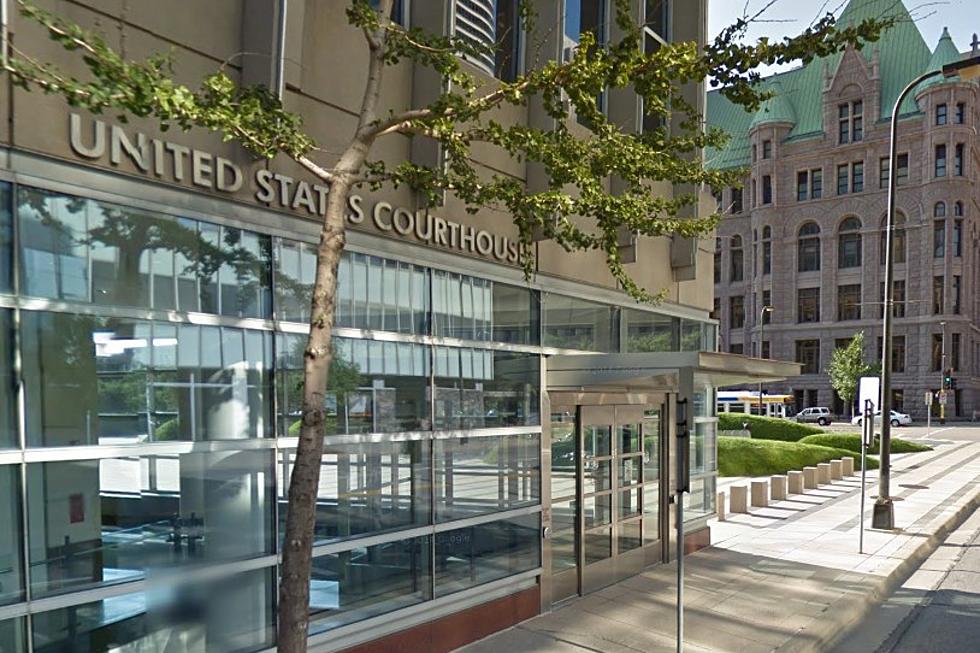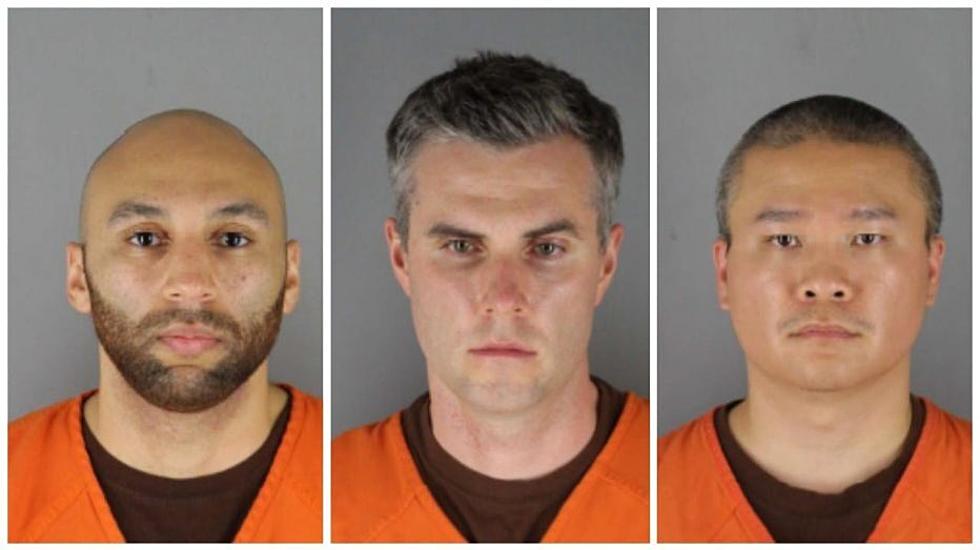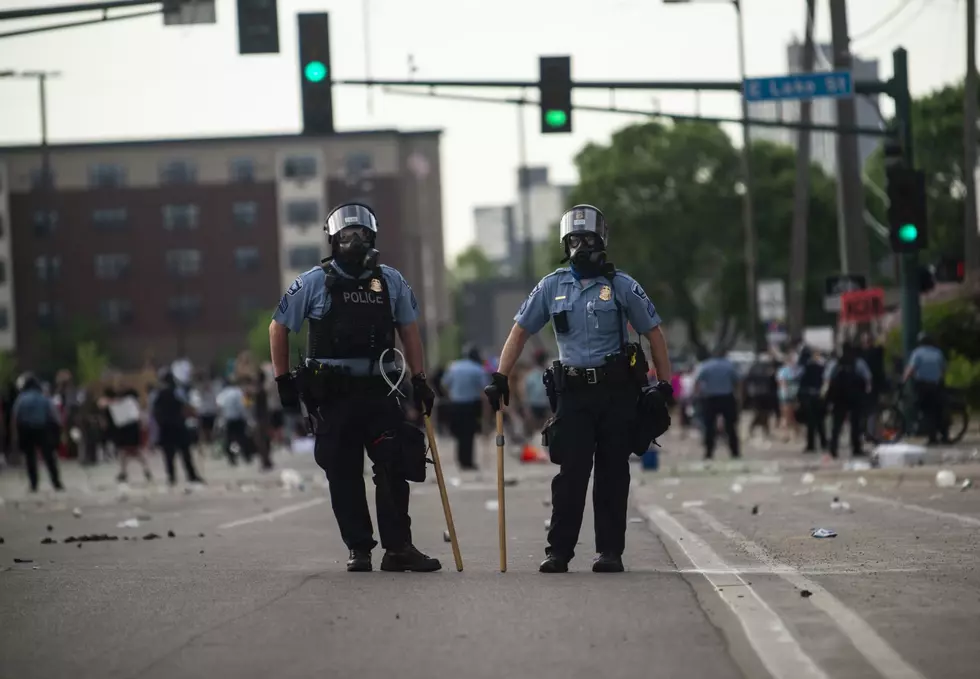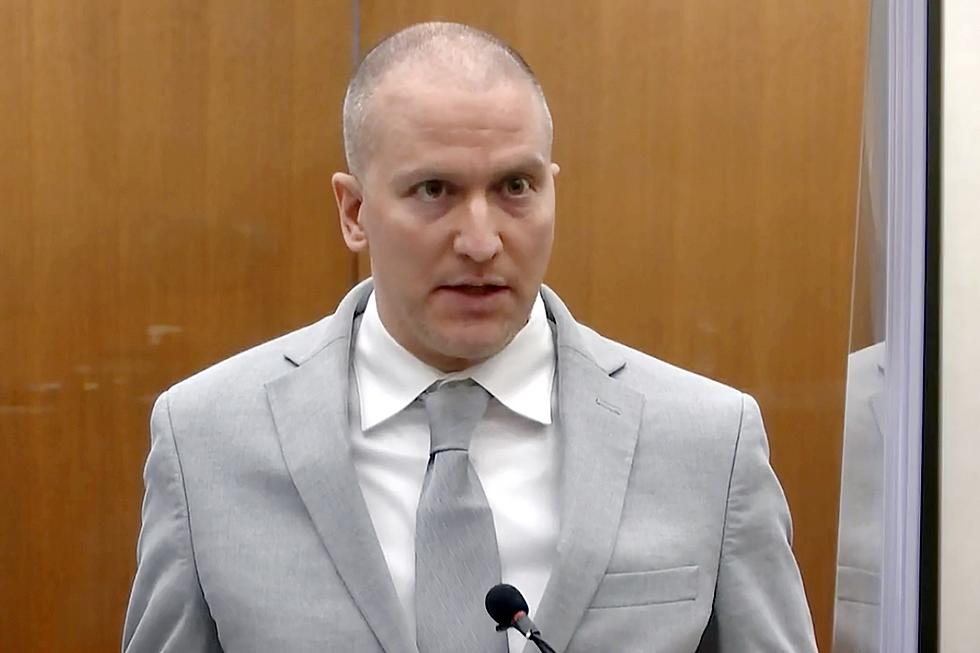
Minnesota Court of Appeals Denies Derek Chauvin Appeal

MINNEAPOLIS (AP) — The Minnesota Court of Appeals on Monday upheld the most serious murder conviction against former Minneapolis police officer Derek Chauvin for the killing of George Floyd.
Chauvin is serving a 22 1/2-year sentence on the second-degree murder count. His attorney had asked the appeals court to throw out the ex-officer’s convictions for several reasons, including the massive pretrial publicity. He also argued that legal and procedural errors deprived Chauvin of a fair trial. Prosecutors say Chauvin got a fair trial and just sentence.
Floyd died on May 25, 2020, after Chauvin, who is white, used his knee to pin the Black man’s neck to the ground for 9 1/2 minutes. A bystander video captured Floyd’s fading cries of “I can’t breathe.” Floyd’s death touched off protests around the world, some of which turned violent, and forced a national reckoning with police brutality and racism.
Chauvin’s attorney, William Mohrman, argued on appeal that the trial judge should have moved the case out of Minneapolis because of extensive pretrial publicity and unprecedented security precautions due to fears of violence.
“The primary issue on this appeal is whether a criminal defendant can get a fair trial consistent with constitutional requirements in a courthouse surrounded by concrete block, barbed wire, two armored personnel carriers, and a squad of National Guard troops, all of which or whom are there for one purpose: in the event that the jury acquits the defendant,” Mohrman said in oral arguments in January.
But Neal Katyal, a special attorney for the state, argued that Chauvin got “one of the most transparent and thorough trials in our nation’s history. ... Chauvin’s many arguments before this court do not come close to justifying reversal.”
Hennepin County Judge Peter Cahill sentenced Chauvin to 22 1/2 years after jurors found him guilty of second-degree murder, third-degree murder and second-degree manslaughter. Chauvin later pleaded guilty to a separate federal civil rights charge and was sentenced to 21 years in federal prison, which he is now serving in Arizona concurrent with his state sentence.
“Judge Cahill managed this trial with enormous care, and even if Chauvin could identify some minor fault, any error is harmless,” Katyal said. “The evidence of Chauvin’s guilt was captured on video for the world to see.”
Mohrman argued in his brief that the pretrial publicity was the most extensive of any trial in Minnesota history, and that the judge should have moved the trial and sequestered the jury. Mohrman wrote that the publicity and the riots, the city’s $27 million settlement with Floyd’s family announced during jury selection, the unrest over a police killing of a Black man in a Minneapolis suburb during jury selection, and the sealing off of the courthouse, were just some of the factors prejudicing Chauvin’s chance of a fair trial.
His appeal also focused on one juror who participated in a civil rights event commemorating the Rev. Martin Luther King Jr.’s March on Washington, a few months after Floyd’s death. Only after the trial did the juror reveal that he had been there.
The juror was questioned during selection about whether he had participated in any demonstrations or marches “in Minneapolis” against police brutality after Floyd’s death. But Chauvin’s original attorney, Eric Nelson, did not ask whether he had participated in any marches elsewhere.
Mohrman argued that Cahill should have held a hearing after the revelation to determine whether the juror’s nondisclosure constituted misconduct. He said the appeals court should send the case back to Cahill for a hearing on that issue — a request that Cahill had denied.
Other disputes in the appeal included whether it was legally permissible to convict Chauvin of third-degree murder, given a 2021 Minnesota Supreme Court decision clarifying the definition of that crime, and whether Cahill was justified in exceeding the 12 1/2 years recommended under the state’s sentencing guidelines.
Timeline: George Floyd's Death, Protests, Riots, Arrests, and Chauvin Trial
More From KDHL Radio

